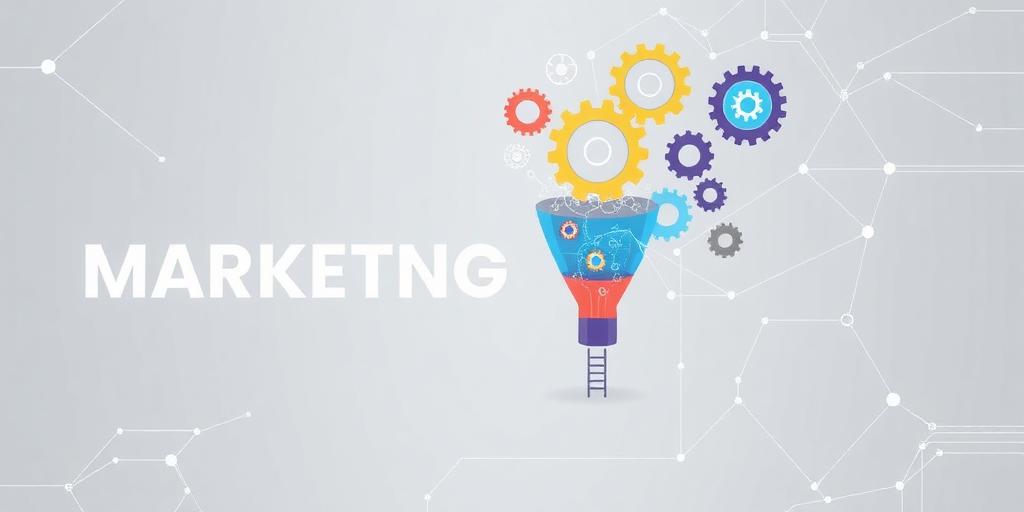The Psychology of Persuasion in Marketing Funnels
Understanding the psychology of persuasion is crucial for optimizing marketing funnels. By leveraging key psychological principles, marketers can effectively guide potential customers through each stage of the funnel, increasing conversion rates and fostering long-term customer relationships. This post explores several psychological techniques that can be strategically implemented in marketing funnels to enhance their persuasive power.
1. The Principle of Reciprocity
Reciprocity is a powerful social norm where people feel obligated to return a favor or act of kindness. In a marketing funnel, this can be applied by offering valuable, free content such as e-books, webinars, or trial periods. By providing something of value upfront, you create a sense of obligation in the prospect, making them more likely to engage further with your brand.
- Example: Offer a free e-book related to your product. Collect email addresses in exchange. Provide high-quality, actionable content.
2. Scarcity
The scarcity principle suggests that people place a higher value on things that are rare or perceived as limited. Creating a sense of scarcity can drive immediate action. This can be achieved by highlighting limited-time offers, limited stock, or exclusive access.
- Example: "Only 50 spots left!" or "This offer expires in 24 hours!" Highlight scarcity in your call-to-action to encourage immediate sign-ups or purchases.
3. Authority
People tend to obey authority figures, making it a valuable tool in marketing. Establishing your brand as an authority in your industry builds trust and credibility. This can be done by showcasing expertise through testimonials, certifications, or endorsements from reputable sources.
- Example: Feature testimonials from industry experts or display certifications prominently on your website. Partner with influencers who are seen as authorities in your niche.
4. Social Proof
Social proof is the idea that people will follow the actions of the majority. Showcasing positive reviews, testimonials, and case studies can demonstrate that others have had positive experiences with your product or service. This reduces perceived risk and increases confidence in your brand.
- Example: Include customer reviews, ratings, and case studies on your landing pages. Highlight the number of customers who have already benefited from your product.
5. Commitment and Consistency
This principle suggests that people have a desire to be consistent with their prior actions and commitments. Encourage small initial commitments, like signing up for a newsletter or following your social media accounts. These small actions can lead to larger commitments down the funnel.
- Example: Start with a low-barrier offer, such as a free consultation or a small discount on their first purchase. Then, nurture leads with personalized content that aligns with their initial commitment.
6. Liking
People are more likely to be persuaded by those they like. Build rapport with your audience by being relatable, genuine, and empathetic. Use storytelling, humor, and personalized communication to create a connection with potential customers.
- Example: Share your brand story and values. Use a friendly, approachable tone in your marketing content. Respond to customer inquiries promptly and with a personal touch.
7. The Principle of Loss Aversion
People are more motivated to avoid losses than to acquire gains. Frame your marketing messages to highlight what prospects stand to lose by not taking action. This can be particularly effective in the decision stage of the funnel.
- Example: Emphasize the potential negative consequences of not using your product or service. Highlight the pain points that your product solves and what prospects will miss out on if they don't act.
Conclusion
By understanding and applying these psychological principles of persuasion, marketers can create more effective and ethical marketing funnels. Remember that persuasion should always be used responsibly, focusing on providing genuine value and building long-term relationships with your audience. Leverage reciprocity, scarcity, authority, social proof, commitment, liking, and loss aversion to guide your potential customers through the funnel and convert them into loyal advocates for your brand.









